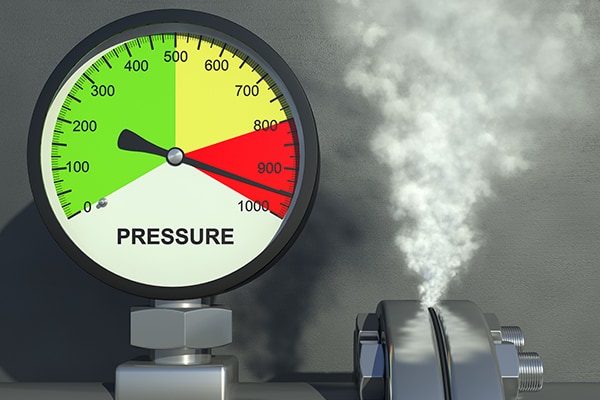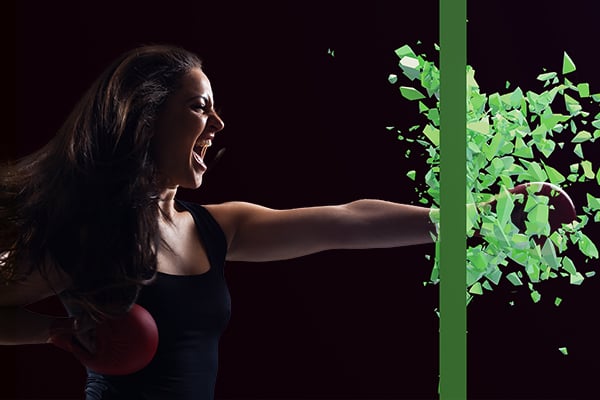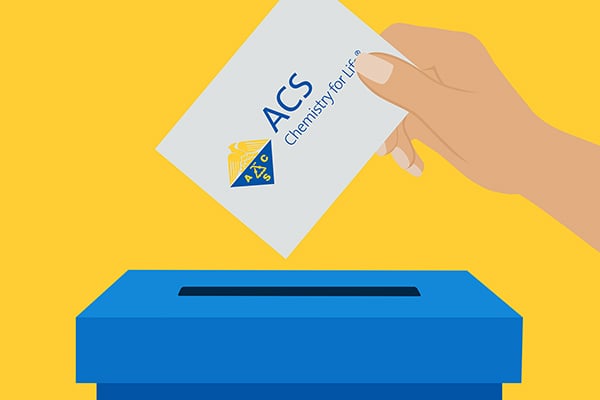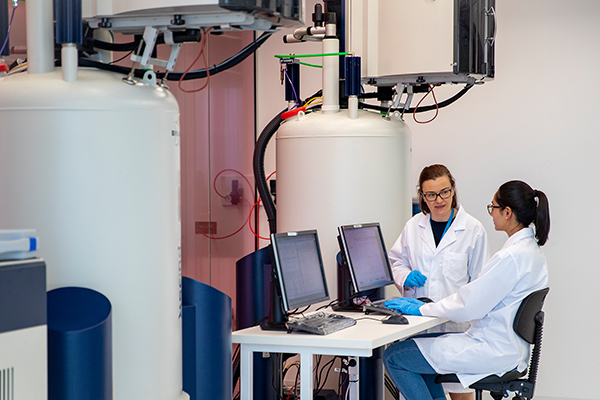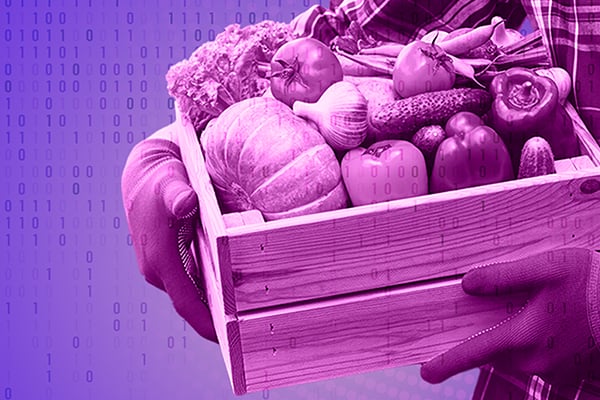Empowering more kinds of people to pursue their interest in STEM will benefit everyone by including diverse perspectives which lead to more robust innovation. Unfortunately, there are still barriers that prevent significant portions of the population from pursuing their dreams.
The attrition of students with disabilities in STEM education has increased substantially resulting in a lack of STEM professionals representing this important minority, but why? Join us as Bradley Duerstock of Purdue University discusses the unique challenges faced by persons with physical disabilities interested in STEM as they progress to graduate education.
This ACS Webinar is moderated by Cristina Bartolomei of the ACS Office of DEIR and is co-produced by the Office of Diversity, Equity, Inclusion, and Respect at the American Chemical Society.
* If you are having technical difficulties viewing the video please try different internet browsers like Chrome, Firefox, and Explorer. If you still can not access the video please review the following computer prerequisites from our video hosting platform.
What You Will Learn
- Accessible design in STEM benefits everyone
- The process of inclusion enables us to conduct science other than by conventional methods
- There are both physical and procedural barriers to STEM for persons with disabilities
Co-Produced With
What an attendee said about this ACS Webinar!

As a disabled chemist, I greatly appreciate ACS hosting an expert in accessibility in lab spaces to educate the membership about accommodating disabled bodies.




